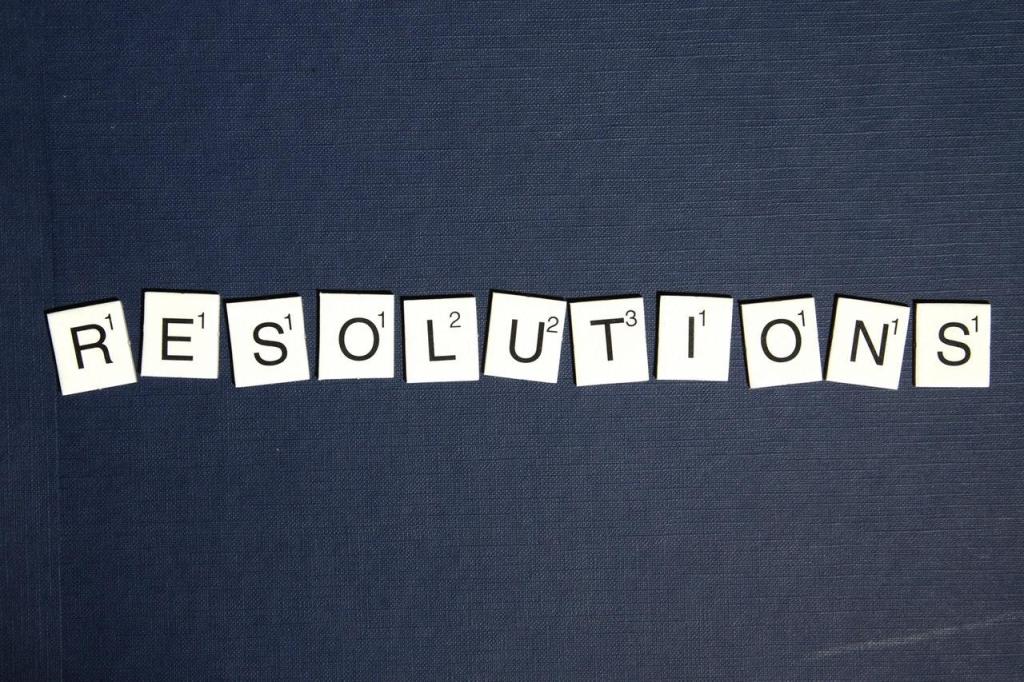Why do so many of us pledge to smoke less, eat better, and exercise more in the new year? Because these resolutions promise to get your health back on track after an overindulgent holiday season. And if you could only just achieve them, you’ll be a happier and healthier you in 2020.
You might also be richer. Why? Because bad health habits go hand in hand with bad spending habits. You might not even realize just how much money you’re throwing away on your health until it’s too late. It might leave your budget unprepared should an unexpected emergency expense comes your way.
If your unexpected emergency arrives before you can collect your resolution’s savings, a personal line of credit may help you cover your costs. You may learn more at CreditFresh about how a line of credit might fit into your new year.
But if you have time before a financial hiccup happens, stick with your goals. As you’ll see below, they may help free up more cash to put towards your bills without needing the help of a personal line of credit.
Quitting Smoking
Smoking is an expensive habit. With every cigarette you smoke, you light up extra cash and burn it down to ash.

Don’t believe it?
Smokefree.gov has crunched the numbers for you. Keeping in mind the average person smokes 14 cigarettes a day, and the average pack costs them $6.28, you would save:
- $4.40 a day
- $136.40 a month
- $1,606 a year
If you account for inflation, this amounts to $68,228 in savings over 20 years!
Punch in how many cigarettes you have into this calculator, and you’ll see how much you stand to save by butting out.
Eating Better
With your diet on the back burner, it’s easy to reach for whatever is easiest and tastiest. This ends up being costly takeout and other ready-to-eat foods rather than what you have in the cupboard.
On average, Americans spend $3,008 a year on dining out. By committing to a balanced meal plan of homemade meals, you stand to pack on nutrients and savings.
Working Out
With a Caribbean holiday planned for the new year, your beach body goals may take the top place on your list of priorities. But exercising to lose weight and gain muscle will do more than make sure you’re looking good in every vacation selfie.
While exercising may not have the same immediate payoff as the other goals in this list, it does promise long-term health savings.

Studies show shedding pounds add cash to your wallet as you avoid medications, hospitalization, and lost pay due to illness. For someone who’s 50 years old, this translates to $36,000 in lifetime savings.
Stay Resolved and Save More Money
There’s no hiding it: sticking with a New Year’s resolution will be a challenge. It’s even harder when you’re breaking a habit you’ve had for a long time.
But with more money in your pocket as an unintended bonus of reaching your goals, you might find it easier to commit to your plans. Keep your eyes on the dollar signs whenever you feel like giving up.

